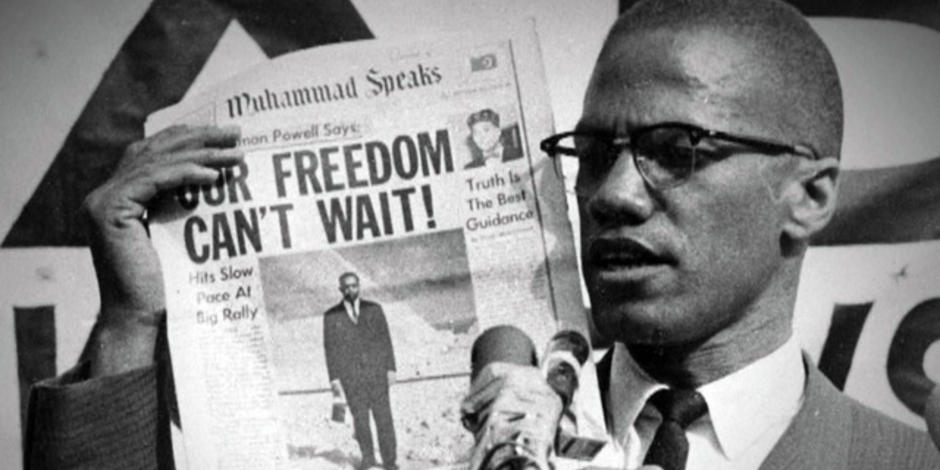I watched Glenn Loury’s address at the second National Conservatism conference around the time of the event with great interest. Since then, I’ve also seen the print version of it in First Things.
Login to read more
Sign in or create a free account to access Subscriber-only content.
Topics:
